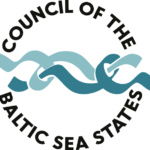
The Council of the Baltic Sea States (CBSS) is an inter-governmental political forum for cooperation in the Baltic Sea Region. Consisting of 11 Member States (Denmark, Estonia, Finland, Germany, Iceland, Latvia, Lithuania, Norway, Poland, Russia & Sweden), and the European Union, the CBSS supports a global perspective on regional problems. These include the translation of the 2030 Agenda and its SDGs , the Paris Climate Agreement, the Sendai Framework on Disaster Risk Reduction, the Palermo Protocol and the UN Convention on the Rights of the Child, into regional actions on the ground. The Baltic 2030 Action Plan endorsed by all Member States presents a common vision for the Baltic Sea Region. It applies the 2030 Agenda to our macro-regional context and provides a general roadmap for working together for the sustainable prosperity of the region.
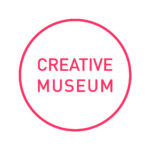
The Creative Museum think tank was founded a decade ago as the museum sector’s response to the EU incentive to strengthen the competitiveness of Europe’s cultural and creative sectors [..] with a view to promoting smart, sustainable and inclusive growth through the Creative Europe Programme (2014-2020; renewed 2021-2027). Creative Museum established a working group – Museums and Creative Industries – under the Network of European Museum Organisations so as to:
- raise the profile of museums in the context of the creative industries;
- learn more about co-operation between museums and the creative industries;
- prove the benefits of co-operation between the cultural and creative sectors to policy makers;
- and provide a contact point between museums and the creative industries.
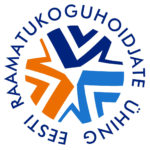
The Estonian Librarians’ Association (ELA) was founded in 1923. Its mission is to unite different types of libraries and librarians while acting as a policymaker, keeper, and moderator of information by being a trustworthy partner for the state, civil society institutions, and the private sector. The ELA is a voluntary organisation connecting active library and information workers and others interested in librarianship. The ELA pursues its goal to represent librarianship to society and improve the public’s awareness of the roles of libraries and their staff by running events that introduce libraries to the wider public,. The ELA is the official body awarding occupational qualifications to librarians. The ELA adopted the SDGs in 2020, and at the event planned for June 2021, will explain how libraries can be a part of the worldwide movement toward sustainable development. Our first aim is to raise librarians’ awareness of the SDGs and libraries’ roles in achieving those goals.

The Estonian Museum Association was established on 1988 to achieve recognition of the value of the work of sector professionals in preserving and protecting cultural heritage at museums. Members of the association are museum employees who make their living at public and private museums. We currently have more than 300 members. In order to improve the professional competence of its members, the Estonian Museum Association (EMA) regularly organises seminars and excursions. The EMA’s publication Museum, launched in 1991, has now evolved into a professional online magazine published twice a year.

Garnes Data is a 100% employee-owned global IT company based in Oslo. Founded in 1987 with a mission to simplify the workplace with secure and optimal IT solutions at a reasonable and predictable cost. Over the years we have not only helped over 22 000 small to medium sized companies achieve their performance goals but enabled them to create stronger business opportunities through innovative technology and the passionate people of Garnes Data.
We are especially proud to provide efficient and secure technology to numerous establishments in the creative and culture sector.
In 2020, Estraad was started to create a meaningful way for people to meet, interact and feel social presence in a time where physical contact wasn’t possible. The platform provides a more economic, time- efficient, inclusive, and sustainable way of running workshops, conferences or educational programs compared to traditional physical events.
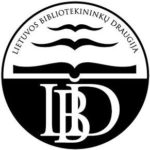
The Lithuanian Librarians’ Association (LLA) was founded in 1931 and is an independent, voluntary professional organisation uniting librarians from all types of libraries The LLA’s goals is are to unite the Lithuanian library community, encourage professional development, promote the development of the national library sector, raise the prestige and growth of librarianship and advocate for the rights and interests of libraries and librarians. We are the largest professional NGO in the national library sector and represents the interests of Lithuanian librarians nationally and internationally.
We feel that, to date, Lithuanian libraries have not paid sufficient attention to the SDGs. Many activities carried out by Lithuanian libraries significantly contribute to the implementation of the goals, but the connection has not been clearly stated.
In 2019, the Lithuanian Librarians’ Association organised a conference – Libraries’ Potential and Opportunities in Implementing the Sustainable Development Goals. At the 2020 Annual Conference, the report on SDGs was a key one. IFLA Board member T. Arahova presented the position and recommendations of our organisation in the implementation of the SGDs. We are currently in contact with a number of SGD-implementing institutions and officials in order to expand the LLA’s practical and communication activities in this field.
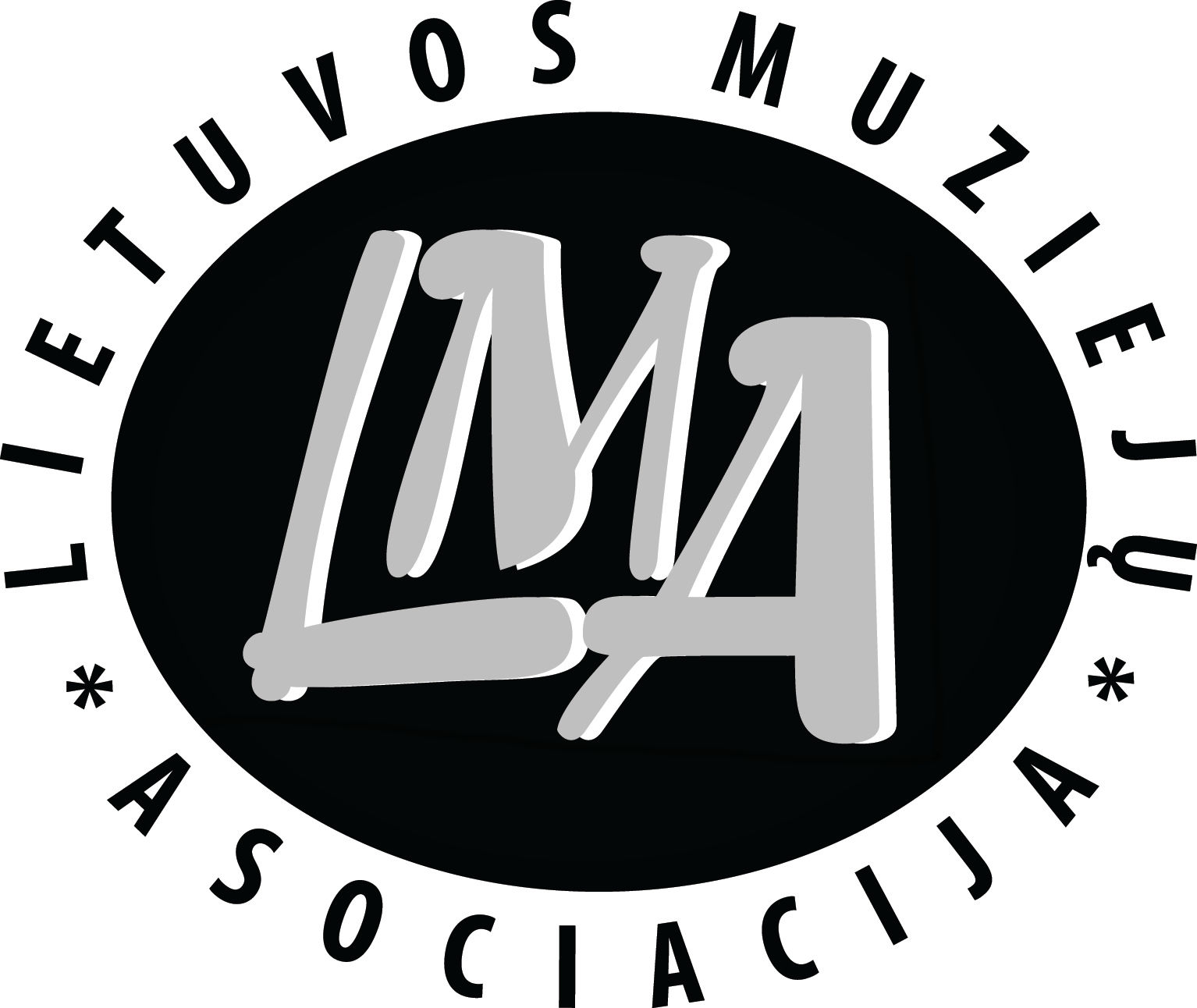
The Lithuanian Museum Association is a voluntary non-profit organisation established in 1995. The Association now unites 100 Lithuanian museums: 4 – national; 16 – republican; 50 – municipal; 16 – departmental; 14 – public institutions and private museums. The main goals are to unite museums in joint common activities, organise and motivate cooperation between museums and museologists. To achieve these goals, the Association provides methodological assistance to museums, supports emerging museums, organises and supports vocational training, promotes and strengthens the role of museums in society, participates in educational and cultural heritage dissemination programmes, looks for new trends in the museum field and promotes them. The idea of a sustainable museum is not sufficiently developed in Lithuanian museums, therefore participation in this project is a means of drawing museums’ attention to the opportunities and problems.

The Nordic Council of Ministers was formed in 1971 and is the official inter-governmental body for cooperation in the Nordic Region. The Nordic region consists of the following countries: Denmark, Finland, Iceland, Norway and Sweden. It also includes three self-governing areas: The Faroe Islands, Greenland and Åland. Cooperation between the Baltic countries and the Nordic Council of Ministers was launched in 1991 when the NCM opened its offices in Latvia, Lithuania and Estonia. Ever since then, the Nordic Council of Ministers’ Office in Latvia has built a strong bridge of values and networks between the Nordics and Baltics.
